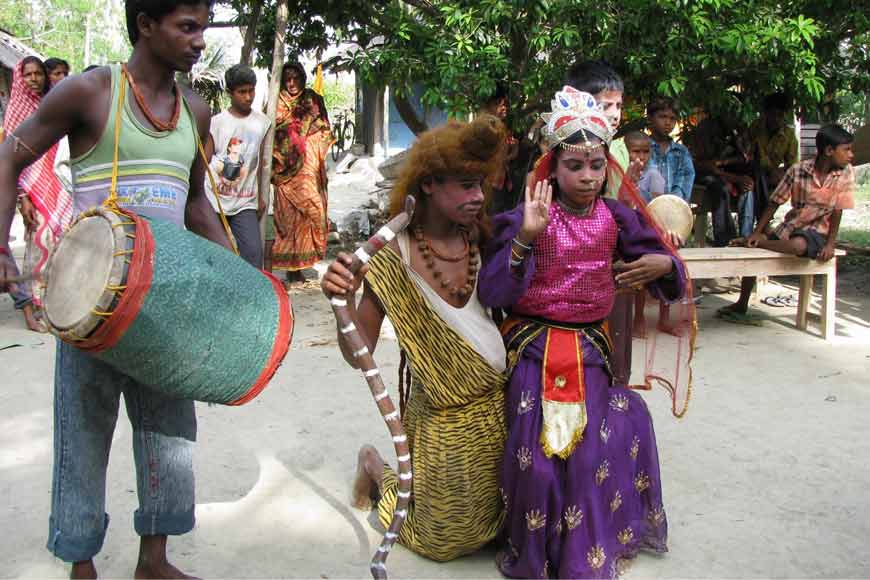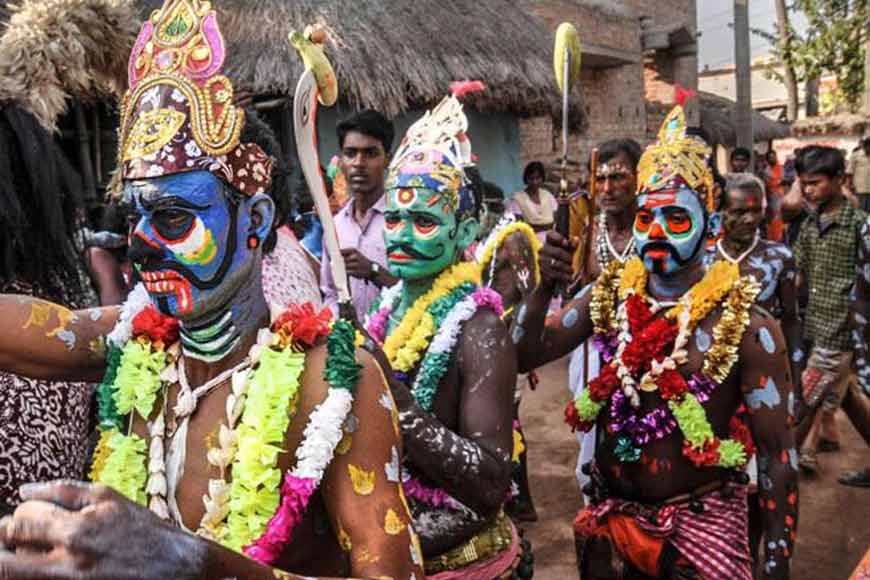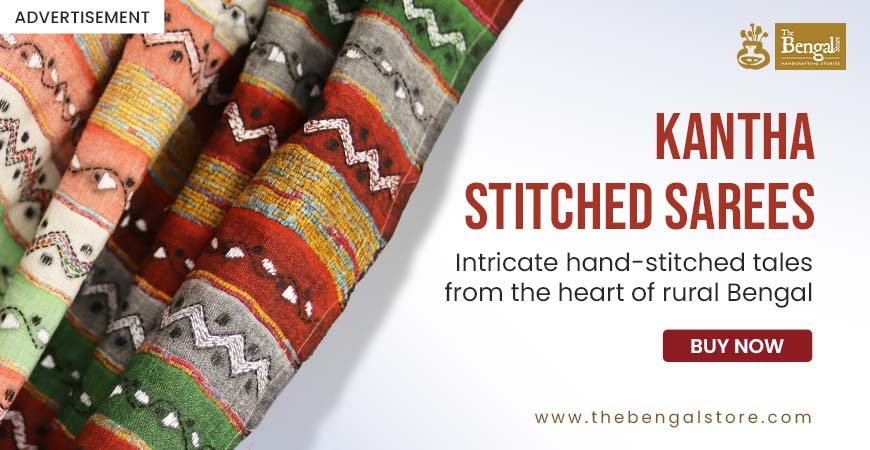The ‘Songhs’ of Old Calcutta were not just mere entertainers, but also social commentators

Buffoons, commonly known as 'Shonghs' in Bengal
OLong before Calcutta became the capital of British India in 1772, there were different residential clusters spread in the northern part of the city (later referred to as the Black or native part) where people from similar trades resided in close proximity. Each of these clusters had their home-grown group of entertainers/ performers or ‘Songhs’ (buffoons) who created lyrics, set them to music and performed on the streets during festivals like Chaitra Sangkranti (the last day of the last month of Chaitra), Gajon fair and Barowari festivals. The traditional ‘Songhs’ were social commentators that dared to question the power structure and its centralized system.

However, since their indigenous art form thrived outside the confines of 'culture', they were perceived as threat by the English-educated Bengali ‘bhadralok’ babus. These performers used bantering wit and sarcasm to criticize the rich Babus who, they insisted, licked the boots of their British masters to appease them. Different groups of Songhs moved around the streets on specially made horse-drawn carts or buffalo-drawn trucks. People gathered on roads and crowded on roofs, porches, and windows to watch the long, colourful procession and view their acts with gusto. The Songhs sang, danced and performed skits, all the while sharing saucy gossips/news about the city’s ‘Bhadraloks’ (patrician) and their myriad misadventures.
Also read : Lost Chinese community of Kolkata
These included tales of scams, extortion rackets that the Babus operated, the humiliation they faced when caught red-handed for swindling, their numerous clandestine affairs, their frequent visits to brothels, their drinking parties et al. The newly-educated youths were also targeted by them. Topics dealing with corruption and social injustice entered their lyrics. Later on, nationalist sentiments were also reflected in the songs. The grotesque spectacles, often verging on use of obscene language and vulgar movements, drew huge crowds who thoroughly enjoyed the extravaganza. They listened to these tittle-tattle, laughed at the comedy sketches and went back home, fed with adequate amount of rumours to ruminate for days later.
Eminent authors and poets like Rasaraj Amritlal Bose and Rupchand Das Mohapatra (renowned as Rupchand Pakshi, the lyricist of Jele Parar Songh) composed songs and scripted the acts for the performing groups. Distinguished businessperson Tarakanath Pramanik and Krishnadas Pal, editor of 'Hindu Patriot' patronized Kanshariparar Songh, one of the earliest groups of Songhs. However, the Bhadralok were finding it difficult to digest the insult. They frowned upon the smattering of indecent words and phrases in the songs and lewd gestures interwoven in the performers’ acts, which often verged on crossing the line of decency. The ‘Babus’ felt threatened, as many of their deepest secrets were exposed and they became subjects of ridicule, and all this was the doing of these Songhs.











